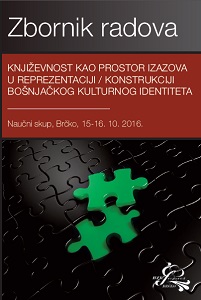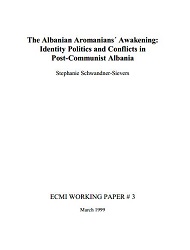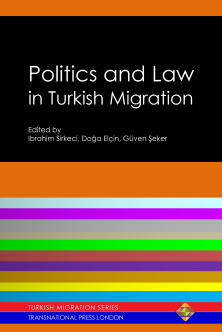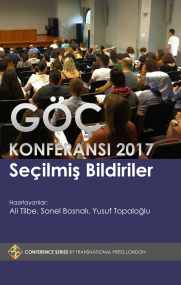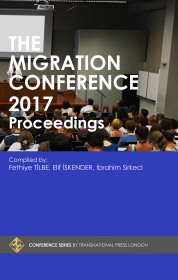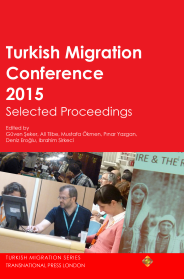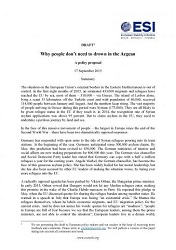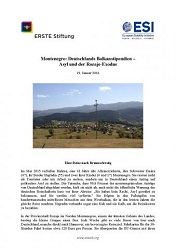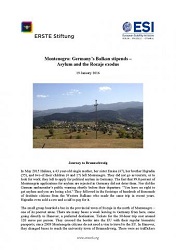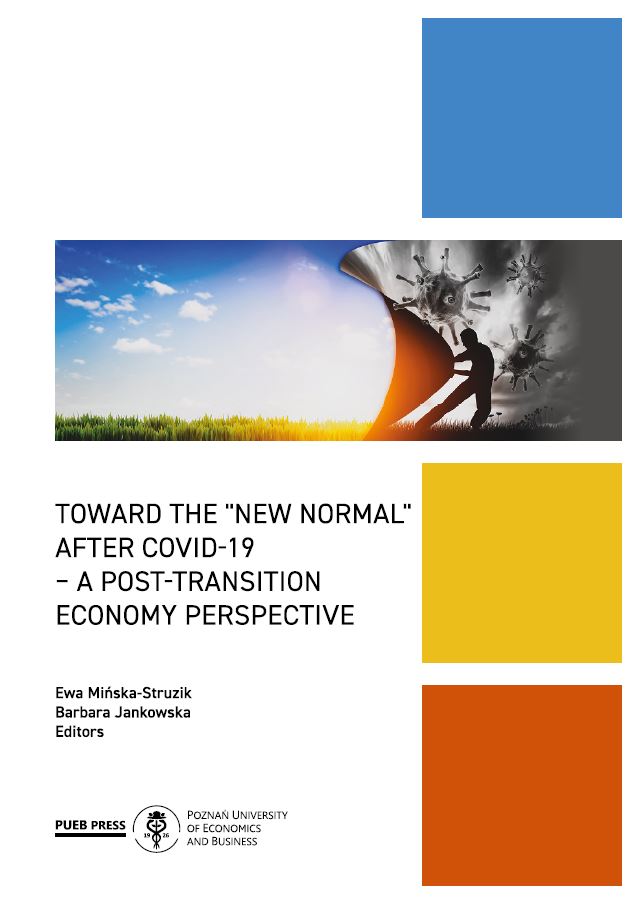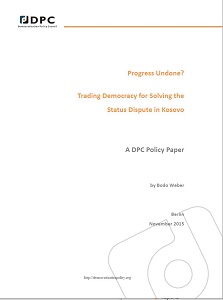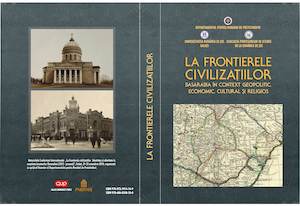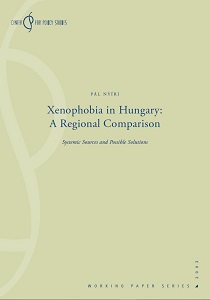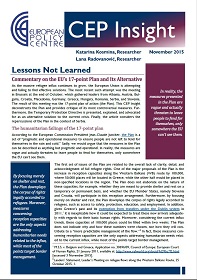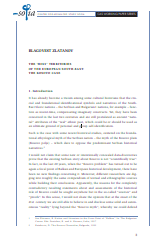
Longing, Belonging, and Locations of Homeland among Turkish Immigrants from Bulgaria
In his oral history cum novel, The Emigrants, W.G. Sebald quotes a German Jew who fl ed from his turbulent town to New York in the thirties: “I often come out here, said Uncle Kasimir, it makes me feel that I am a long way away, though I never quite know from where” (Sebald, 146). The lack of a geographical referent for the residual sense of remoteness expressed by this particular emigrant is akin to what Said has famously called the “generalized condition of homelessness.” It contrasts sharply with the resilient and politicized attachment to a national homeland sustained by many contemporary diasporic groups. In fact, one of the splits in the proliferating literature on the transnational movement of people is precisely around the signifi cance of territorial attachments. One strand emphasizes the waning pull of a national homeland and the virtues of “fl exible citizenship,” (Ong 1999), where displacement, even if not initially voluntary, is ultimately appropriated by the migrant as a creative opportunity. The second strand posits instead the signifi cance of continuing political and emotional attachments to a national homeland as giving purpose and meaning to the diasporic existence of the displaced. Both approaches have been infl uential in undermining the putative isomorphism of culture, place and people (Gupta and Ferguson 1997). But while the emphasis on cosmopolitan (Morley and Robbins 1995), hybrid (Bhabha 1994), or creolized (Gilroy 1993) identities of the fi rst strand challenges the primacy of ethno-national belonging, the second trend argues that displacement and deterritorialization do not necessarily result in more fl exible identities, but may result instead in reinforced ethnic attachments and nationalisms (Anderson 1991 [1983], Levy 2000, Werbner 2000).8...]
More...
